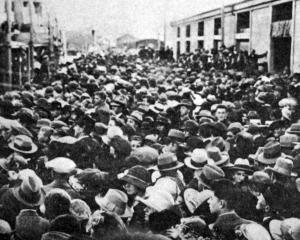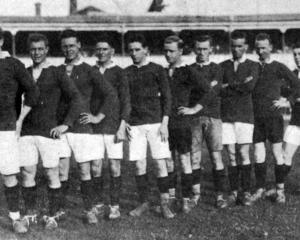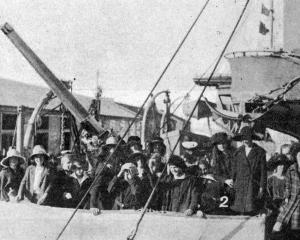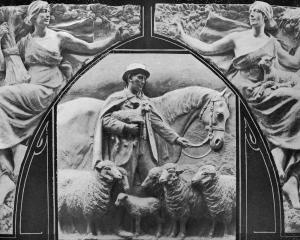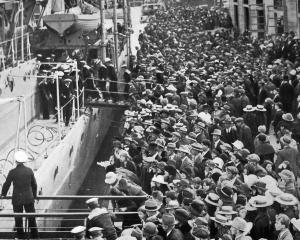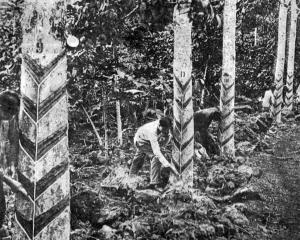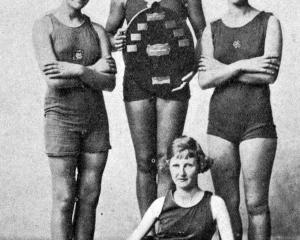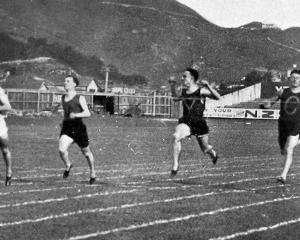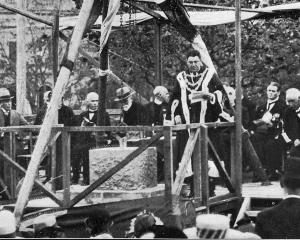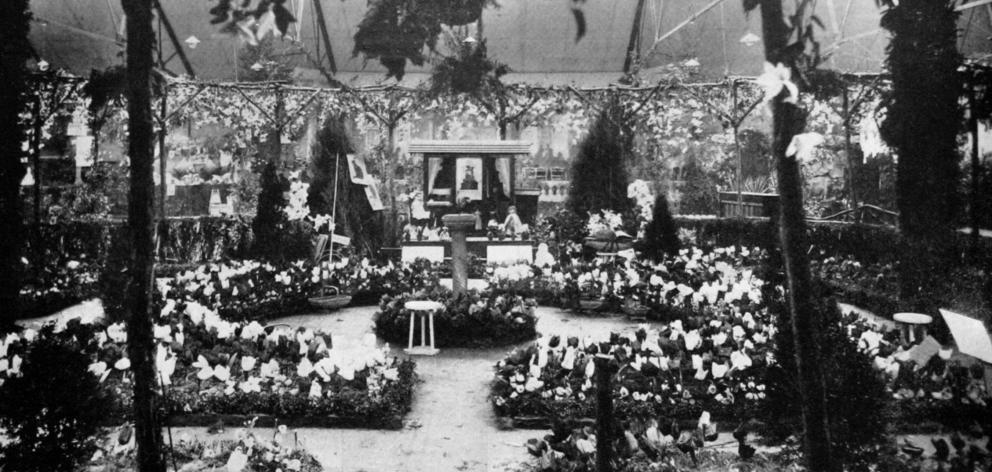
To increase the revenue immensely by war taxation on the one hand and calmly to appropriate large sums for the benefit of the State's employees on the other hand is a form of logic which the public as a whole need not be expected to appreciate. The discussion in the House of Representatives on the Supplementary Estimates revealed another little excursion on the part of the Government in a dubious direction.
The inclusion on these Estimates of votes providing for increases of salaries to highly-paid public servants evoked from some members a protest which in existing circumstances the country will certainly endorse. With the details of these increases we have not been supplied, but they are immaterial to the argument. As a general principle the raising of salaries of highly-paid officials at a time like the present is indefensible. In justification of the votes the Minister of Finance has urged that most of the increases have been given to officers who have been called upon to perform duties over and above their ordinary duties, or who were deprived of an increase last year. Even this argument is unconvincing.
The Government is proceeding in this matter on a weak and unsound line of reasoning, and is setting a poor example to the people generally at a time when they are assimilating only with the difficulty the gospel of national self-sacrifice. Public officials who are already well paid should not be encouraged to look for increased salaries during the war. Surely they may be given credit for discharging the duties of their position in a public-spirited manner. And if they have been called upon to perform extra duties we do not expect at a time like this to hear immediately of pecuniary recompense for everything that may seem to be not prescribed in the bond.
In performing their additional duties they will only have been doing what thousands of persons throughout the dominion who are prevented by age or other circumstances from serving their country at the front have been proud and delighted to do, actuated by a sense of patriotic duty and without any expectation or desire of emolument.
The troopship Navua arrived at Port Chalmers shortly after 6 o'clock last evening with about 60 wounded and invalided troopers on board. Most of the men came from Egypt, but a few had been to England, while a few others were brought back from Albany. It was pleasing to notice the absence of bad cases, and, though there were some on board who looked far from well, the majority were extremely cheerful, and had obviously been greatly benefited by the sea voyage. The Navua was met by members of the local Defence Staff, also by several district representatives.
The medical board and the honorary records staff were in attendance, as usual, and performed their duties thoroughly and expeditiously. The ship's officers report that the Navua experienced some fairly rough weather on the outward trip, running into the usual monsoons between Colombo and Suez. The troops on board, however, stood the voyage well, and were disembarked in good fettle. - ODT, 9.8.1916.

